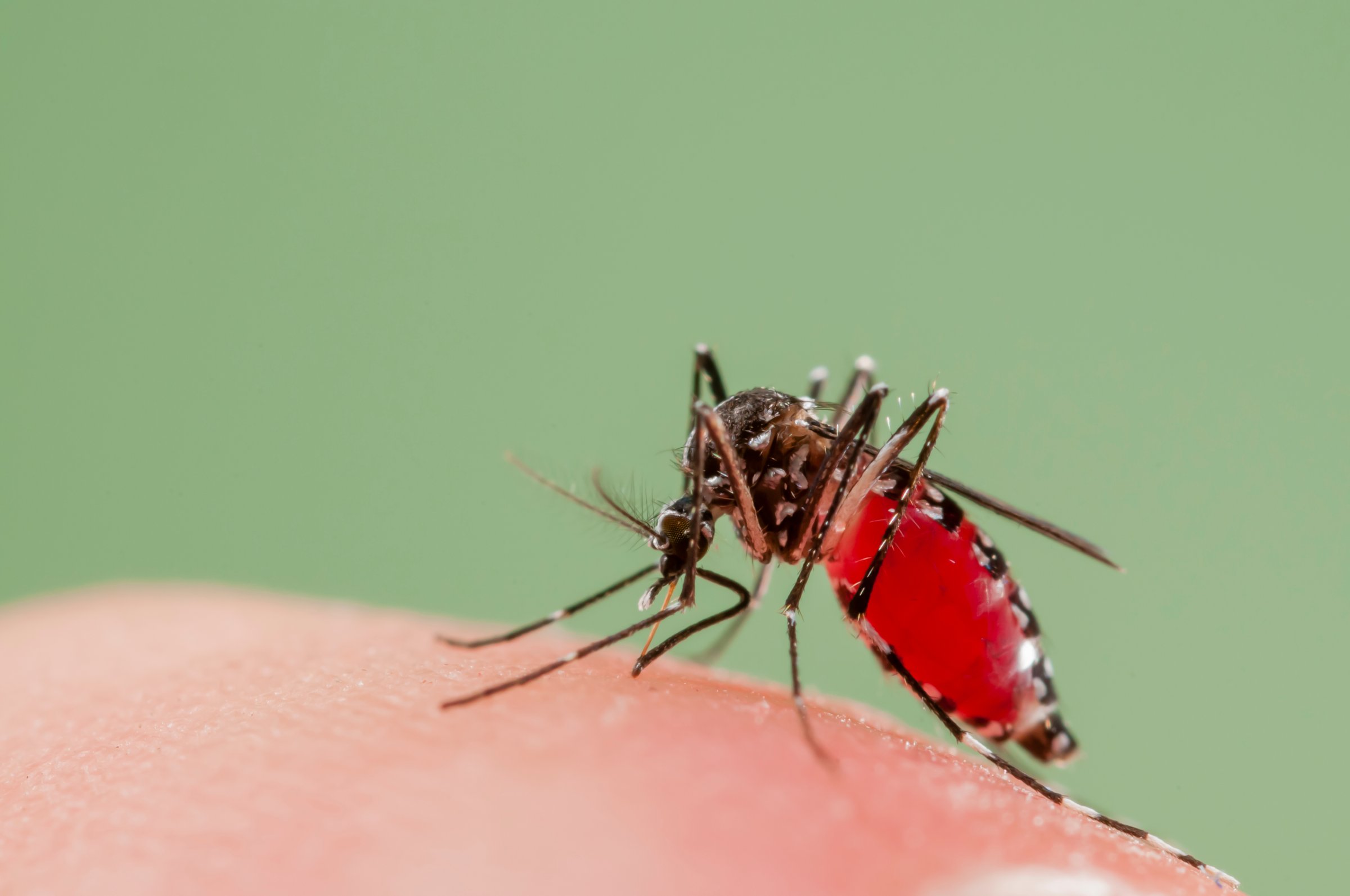
The mosquito-borne disease chikungunya infected more than one million people in 2014 (including actress Lindsay Lohan), and is continuing to spread across the globe. But a new study from scientists at Smithsonian Tropical Research Institute (STRI) suggests a strategy for squashing the disease.
Eradicating mosquito-borne diseases is notoriously tricky. Countries around the world are home to the same types of mosquitos, which means that if someone is bitten and infected with a disease while on vacation, they might return home and be bitten by native mosquitos. Those mosquitos may mate or bite someone else, spreading the disease. That’s how chikungunya, which causes debilitating joint pain, appears to have hopped around the globe in recent years.
MORE: Chikungunya: 1 Million People Have a Disease You’ve Never Heard Of
In their new study, the researchers looked specifically at the spread of chikungunya in Panama. They observe that it started in Panama when people got the disease on vacation and brought it into the country, but now the disease is now spreading across Panama via roadways. To combat this, the scientists say vehicles should be fumigated at check points to prevent mosquito transport and stop the disease from reaching areas in Panama that haven’t seen cases yet.
Other strategies need to be implemented delicately, the researchers say. Chikungunya spreads with the help of two types of mosquitos: Aedes aegypti and Aedes albopictus, the same mosquitos that spread dengue fever. Many countries, Panama included, have fought dengue in ways that could unintentionally complicate chikungunya efforts. For example, in May 2014, Panama allowed the company Oxitec to release genetically modified sterile male mosquitos. When the mosquitos mate, offspring do not survive into adulthood and mosquito populations will die out.
The worry is that when the genetically modified mosquitos lower the populations of Aedes aegypti, Aedes albopictus mosquito populations could grow because of the lack of competition. It hasn’t happened yet, but the researchers worry it’s a potential consequence.
While understanding the full spectrum of mosquito-borne diseases may lead to pathways for prevention, this study shows just how complicated that process can be.
More Must-Reads from TIME
- Donald Trump Is TIME's 2024 Person of the Year
- Why We Chose Trump as Person of the Year
- Is Intermittent Fasting Good or Bad for You?
- The 100 Must-Read Books of 2024
- The 20 Best Christmas TV Episodes
- Column: If Optimism Feels Ridiculous Now, Try Hope
- The Future of Climate Action Is Trade Policy
- Merle Bombardieri Is Helping People Make the Baby Decision
Contact us at letters@time.com